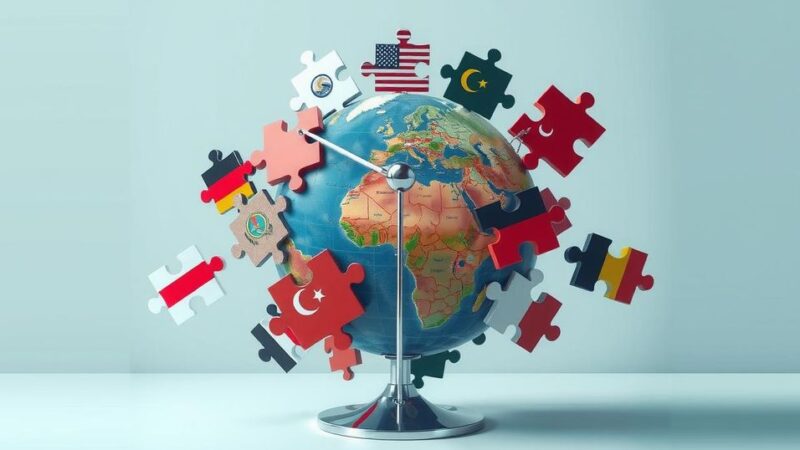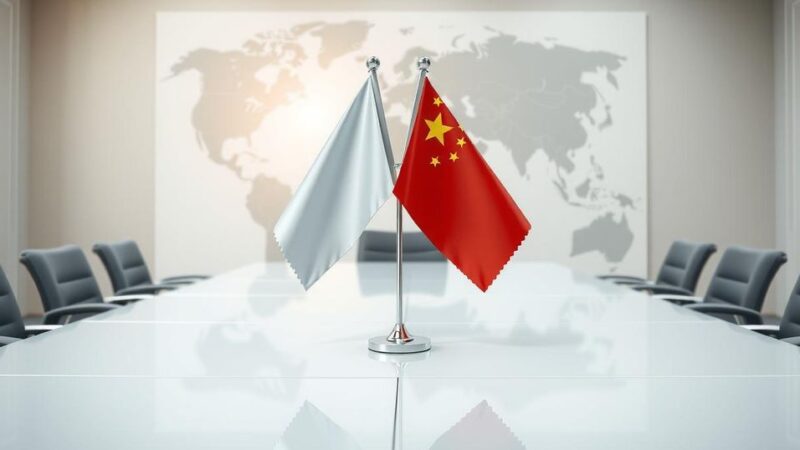On October 12, 2024, China plans to increase its debt quota to stimulate economic growth, with a focus on supporting local governments and the property market. Meanwhile, the US is witnessing a resurgence of protectionism, and India has become Russia’s second-largest supplier of restricted technologies, complicating international trade relations.
On October 12, 2024, China announced a strategic initiative aimed at stimulating its economy through an increase in the debt quota, as highlighted by the country’s finance minister. While specific figures regarding the potential stimulus package were not disclosed, the measures are intended to bolster the struggling property market and provide assistance to local governments, indicating a proactive stance in addressing economic challenges. This initiative reflects a broader context wherein the Chinese government is seeking to invigorate economic activity amidst a backdrop of global economic fluctuations. In other significant economic news, the United States has observed a shift in its stance towards tariffs, with protectionism gaining respectability after decades of decline. This change has implications for international trade dynamics, affecting both domestic and global economic policies. Additionally, it has been reported that India has emerged as Russia’s second-largest supplier of restricted technologies, as noted by officials from the United States and Europe. This development poses challenges to efforts aimed at restricting exports that fuel Russia’s military endeavors amid ongoing geopolitical tensions.
The global economy is witnessing significant upheaval due to various factors including international trade policies and geopolitical conflicts. China’s decision to enhance its debt quota stems from a necessity to stimulate its economy, particularly in light of recent stagnation in sectors such as real estate. The contemporary economic environment necessitates governments to implement measures that can effectively support vulnerable markets, such as the property sector which is crucial for economic health. Meanwhile, the United States’ re-embrace of protectionist policies illustrates a growing trend among nations to prioritize domestic industries over global free trade. Furthermore, India’s increasing role as a technology supplier to Russia showcases the complex interdependencies formed in the era of global trade amid sanctions and restrictions.
In summary, China’s announcement to increase its debt quota marks a vital step toward stimulating its economy, particularly in support of the real estate market and local governance. Meanwhile, the United States continues to pivot towards protectionism as a respected approach to economic policy. Furthermore, India’s ascent as a key supplier of restricted technologies to Russia underlines the complexities of global trade dynamics in the current geopolitical landscape. These developments are indicative of the multifaceted challenges and strategies that nations are employing to navigate the complexities of the modern economic environment.
Original Source: www.livemint.com






